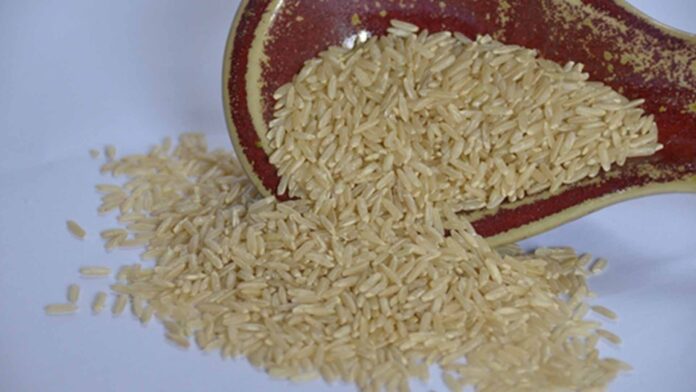These holidays, a food scientist in the Department of Agriculture-Philippine Rice Research Institute (DA-PhilRice) urged the public to patronize locally-grown rice as it is safe and of good quality.
In a webinar aired on the Institute’s social media page, Dr. Marissa V. Romero shared a study comparing pesticide use in rice farms in the Philippines, China, Indonesia, Thailand, and Vietnam.
“The study shows that Filipino farmers use less pesticide,” she said.
She added that in another PhilRice study, researchers collected imported rice samples from Southeast Asia, which were compared with Philippine rice in terms of heavy metals.
“All 20 samples had below the allowed maximum level (ML) for arsenic, mercury, and cadmium but four samples from Myanmar, Vietnam, and Thailand exceeded the limit for lead,” she shared.
According to the chief science research specialist, the Bureau of Agriculture and Fisheries Standard of DA has established the Philippine National Standard (PNS) for milled rice, which includes the maximum residue limits for pesticides and ML for heavy metals in rice. The country has even a separate PNS when it comes to specific pesticide residue for rice.
She further said that DA advocates for good agricultural practices for the safety of agricultural harvests in the country.
“We are also teaching our farmers to use integrated pest management to protect crops from pests,” she said.
The National Irrigation Administration, she pointed out, also ensures the safety of irrigation water used by farmers.
She shared that, aside from being safe, locally-produced rice is fresh.
“Consumers can be assured that locally-produced rice is safe because it is not being shipped and stored for a long time. There is no need to fumigate them with chemicals,” she stressed.
Meanwhile, when it comes to quality, the Philippines has diverse rice varieties catering the different preferences of rice stakeholders.
“We always have quality rice to offer depending on the quality that consumers look for- from milling, physical, physicochemical, cooking, eating, and nutritional qualities,” she said.
She added that the Philippines is a country teeming with traditional rice that farmers are still producing because of the varieties’ aroma and eating quality that consumers always look for, and many modern rice varieties with important quality traits that consumers can choose from.
“There is a wide array of quality rice readily available and accessible for every Filipino, which are available in local supermarkets and in KADIWA centers” Romero said.






